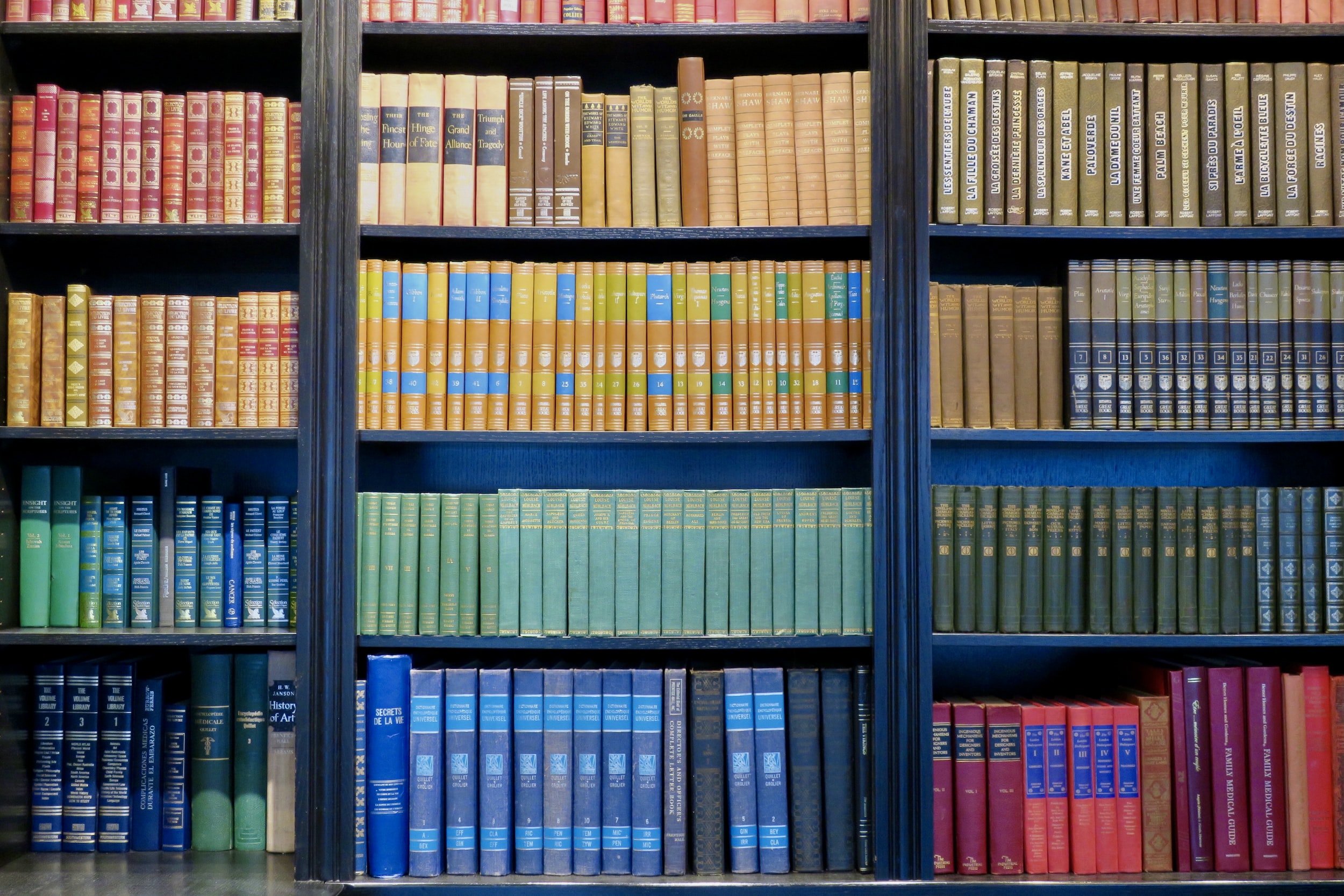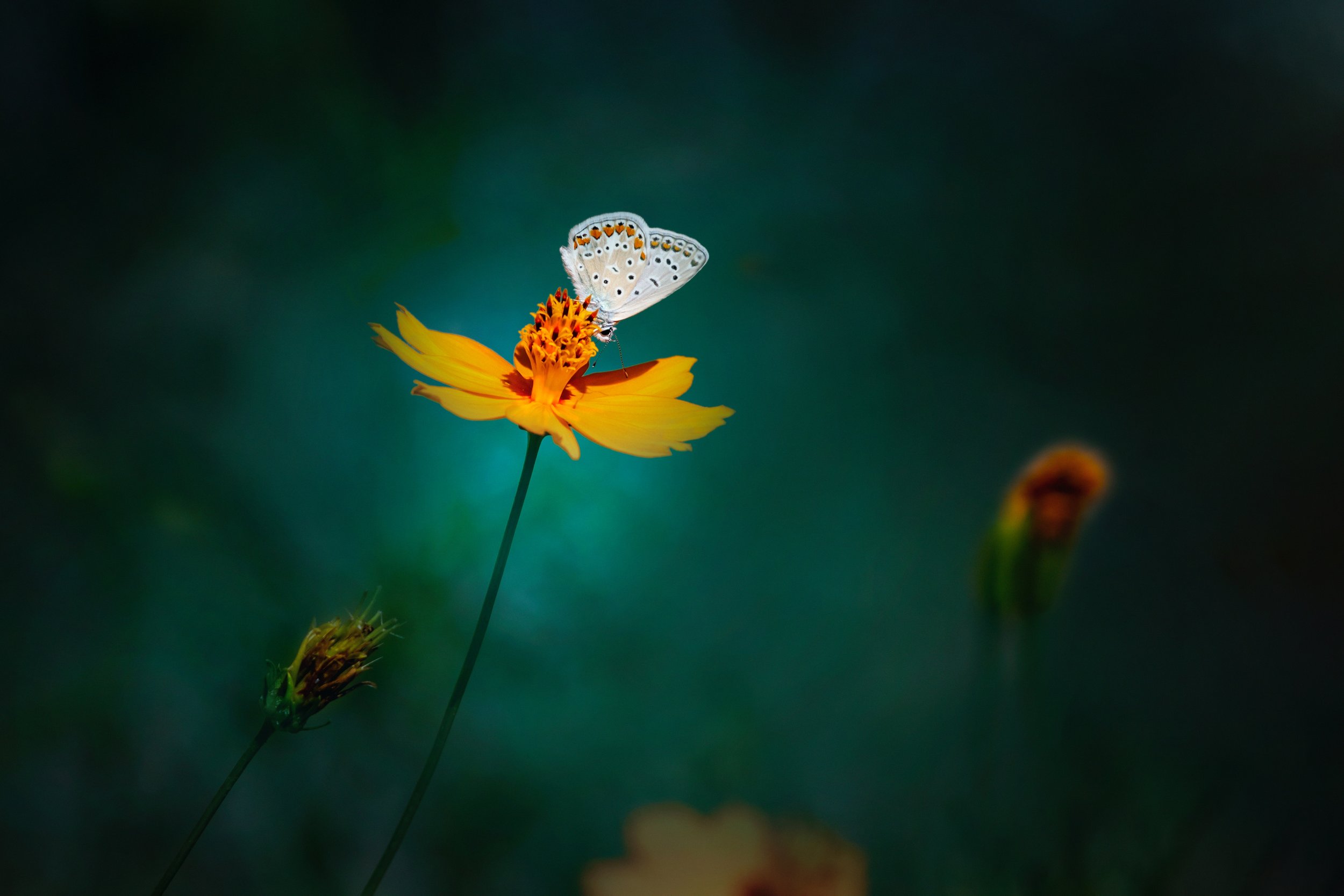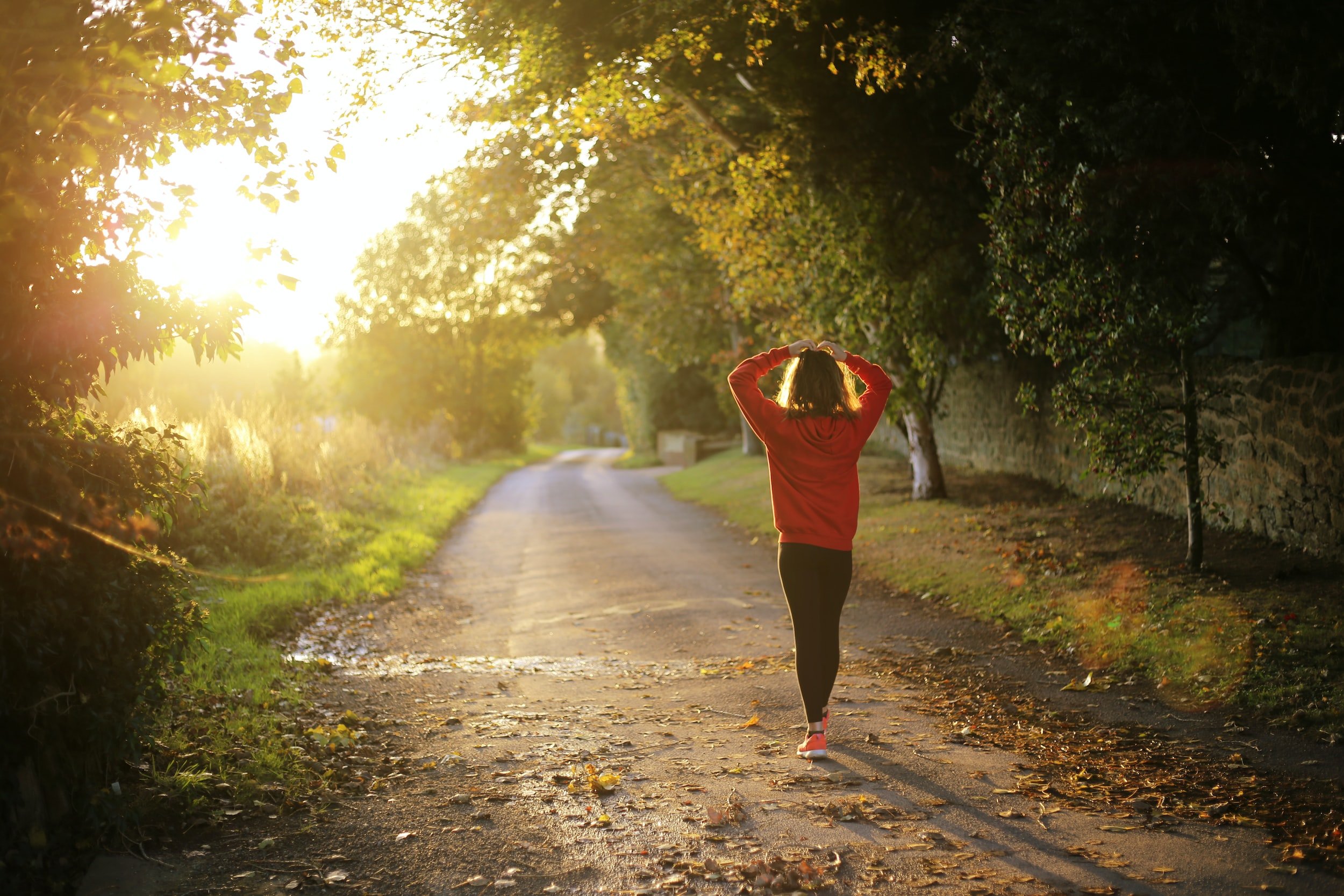Our Work
Our work highlights the research and insights of our community. Share your contributions by collaborating with ASO here. Subscribe to our free newsletter here.

Soma in the City: How does listening and responding to a ‘somatic podcast’ drawing on the Alexander Technique, affect one’s relationship with urban space?
This month we present a summary of research by Korina Biggs undertaken as part of her M.A. in Dance and Somatic Well-Being at the University of Central Lancashire. The study drew on the Alexander Technique and aimed to connect somatic perceptual/movement practice with challenging urban environments, exploring the potential of digital technology to deepen the connection to one's psychophysical self and surroundings.

Why have a curriculum for an experiential practice?
This month we release an article by Judith Kleinman that explores how a curriculum can act as a flexible tool to support Alexander Technique teaching, foster professional development and communication with other fields, and enrich the learning journey of the student.

Lighten Up! A conversation with Rajal Cohen - Part II
Following up on last month’s research on the effects of postural instructions on people living with Parkinson’s and on healthy older and younger adults. This month, we share a two-part conversation with Rajal, where she discusses the research and introduces a new project, Posture Underground.

Lighten Up! A conversation with Rajal Cohen - Part I
This month shares the background research to an upcoming conversation with Rajal Cohen, M.AmSAT, Ph.D., about a series of three papers she and colleagues published on the effects of postural instructions on people living with Parkinson’s and on healthy older and younger adults.

Embodied practices, the Alexander Technique, and self-compassion: An interview with Lisa Harris
“Can embodied practices, on their own, affect self-compassion?” This month we release an interview with Lisa Harris MSc, MSTAT about her unique MSc thesis which is entitled "An Exploration of Embodied Movement Practices as a Route to Self-Compassion”.

‘What on earth do we do with this data?’ Two experiences of writing up research for publication
This post introduces two new research articles based on the same data set but which adopted quite different approaches to writing up for publication. The papers are titled: Extending understanding of ‘care’ as an embodied phenomenon: Alexander Technique teacher perspectives on restoring carers to themselves, and ‘I am teaching them and they are teaching me’: Experiences of teaching Alexander Technique to people with dementia.

Alexander Technique group lessons in an exercise program for women following treatment for breast cancer: An Interview with Alazne Larrinaga
This month we release an interview with Alazne Larrinaga, an Alexander Technique teacher based in Galway, Ireland. Alazne talks about her MSc research project where she introduced Alexander Technique group lessons into an exercise program for women following treatment for breast cancer.

A New Alexander Technique Publication in the British Medical Journal on Low Back Pain: An Interview with Carolyn Nicholls
This month we release a talk with Carolyn Nicholls about a helpful and first-of-its-kind research project for the Alexander world that achieved publication in the prestigious British Medical Journal in 2021.
Led by Joseph Little, this research paper helps us understand the effects of a combination of Alexander Technique private lessons and group teaching on low back pain and demonstrated significant positive results.

The Healthy Young Musician Project: Alexander Technique Research at the Royal Academy of Music
This month we release a discussion about the Healthy Young Musicians research project carried out at the Junior Royal Academy of Music in the UK. This innovative project involved a series of Alexander Technique group lessons for young musicians at the Academy and included a research study running alongside to assess student change and progress in terms of mindset, health, and well-being. The collaborative approach taken by presenters helps pave the way for greater health in young musicians and demonstrates interdisciplinary collaboration as a modern and positively impactful way to better understand and share the Alexander Technique.

Violin, Science, and the Alexander Technique: An Interview with Researcher Alison Loram and Special Guests
This edition releases a fascinating conversation that lies at the intersection between science, music, and the Alexander Technique. Centered around Alison Loram’s research with violinists titled ‘Proactive Selective Inhibition Targeted at the Neck Muscles: This Proximal Constraint Facilitates Learning and Regulates Global Control’ Gabriella Minnes Brandes leads a discussion that spans personal reflection, technical insight, and rigorous research with three professional musicians: Alison Loram, Joan Blackman, and Domagoj Ivanovic.

Psychological and other ‘non-physical’ changes following Alexander Technique lessons
Many AT teachers will tell you that learning and applying the AT is helpful for stress, anxiety, and wellbeing, however until now the research evidence for these types of outcomes has never been put together and highlighted. In this 19th edition, Debbie Kinsey (PhD, ClinPsyD) and Lesley Glover (PhD, MSTAT) help summarise their recently published realist review on psychological and other ‘non-physical’ changes following Alexander Technique lessons.

Finale - Working With Musicians: Application of The Alexander Technique to Music Making Part III
This 18th newsletter is the finale of a series on the Alexander Technique and music making. It includes the final two video interviews between Dr Gabriella Minnes Brandes (CANSTAT, STAT, AMSAT, ATI) and Lorna McGhee, principal flute of the Pittsburgh Symphony Orchestra, adjunct music professor at Carnegie Mellon University, and Alexander Technique student.

Working With Musicians - Application of The Alexander Technique to Music Making Part II
This 17th newsletter continues a fascinating series on the Alexander Technique and music making. It includes the first two video interviews of a four part series between Dr Gabriella Minnes Brandes (CANSTAT, STAT, AMSAT, ATI) and Lorna McGhee, a professional musician, adjunct music professor at Carnegie Mellon University, and Alexander Technique student.

Working With Musicians - The Application of The Alexander Technique to Music Making Part I
This 16th edition of the Alexander Studies Online (ASO) newsletter is the first of a series of blogs that focuses on the Alexander Technique and music making. This month begins with an introductory video, and a paper by Dr Gabriella Minnes Brandes (CANSTAT, STAT, AMSAT, ATI) that includes three video interviews between Gabriella and Jennifer Condie, a musician and Alexander Technique pupil of Gabriella’s.

How Women Use The Alexander Technique In The First Year After Birth Part III
In the third and final interview of this three part series, Nicola Hanefeld, PhD, overseas MSTAT, talks with Lesley Glover, PhD, MSTAT, about conclusions from her PhD studies at the University of Hull which Lesley supervised. The subject of the studies was womens’ experiences of using the AT in the postpartum. This is the 14th edition of the ASO newsletter

How Women Use The Alexander Technique In The First Year After Birth Part II
In this 13th edition of the ASO newsletter Nicola Hanefeld, PhD, overseas MSTAT, talks with Lesley Glover, PhD, MSTAT, about the second study of her PhD at the University of Hull in which women without previous experience of the Alexander Technique were given access to a postpartum online self-care package. This mixed-methods study produced some surprising data; the online approach was forced by the pandemic.

How Women Use The Alexander Technique In The First Year After Birth
In this 12th edition of the Alexander Studies Online (ASO) newsletter the Researcher Interview Series returns to explore new research into how women use the Alexander Technique in the potentially challenging postpartum phase of life. This month we release the first of three interviews that focus on the research of Nicola Hanefeld, PhD, overseas MSTAT, which took place at the University of Hull, UK, from 2017-2021.

Potential Mechanisms of the Alexander Technique: Toward a Comprehensive Neurophysiological Model
In this edition of the ASO blog series we hear from Tim Cacciatore PhD MSTAT and Rajal Cohen PhD M.AmSAT, two of the three authors of a recent paper published in the Kinesiology Review Journal. The paper, “Potential Mechanisms of the Alexander Technique: Toward a Comprehensive Neurophysiological Model” is an intriguing first step to help answer the question of why the Alexander Technique seems to have such wide-ranging benefits.

Pt. II of Supporting People with Dementia: a Role for Alexander Technique Teachers?
Part II of the ASO researcher interview series includes all five videos released during the period of December 2020 to early January 2021. These videos explore the process and results of a survey of Alexander Technique teachers about teaching people with dementia, provide an update on the ASO dementia theme, and finish with a live Q&A that took place on January 19th, 2021.

Pt. I of Supporting People with Dementia: a Role for Alexander Technique Teachers?
Part I of the ASO Researcher Interview Series contains all videos released from December 2020 - January 2021. This first section begins with an introductory video to the theme of the Alexander Technique and its role in supporting people with dementia, then continues with six videos that explore a pilot study completed on the Alexander Technique in a residential care setting for people with dementia.
Archive
-
2025
- Jul 12, 2025 Connected Conversations: Psychotherapy and the Alexander Technique Jul 12, 2025
- Jun 7, 2025 Capturing Well-being Outcomes: The Warwick Holistic Health Questionnaire and Its Relevance to Alexander Practice Jun 7, 2025
- May 3, 2025 Connected Conversations: Exploring the Space Between – Alexander Technique and Craniosacral Therapy Practice May 3, 2025
- Apr 5, 2025 Alexander Technique, Gender, and Embodied Empowerment Apr 5, 2025
- Mar 4, 2025 Rethinking The Science of Muscle Tone - Part II Mar 4, 2025
- Feb 4, 2025 Rethinking The Science of Muscle Tone - Part I Feb 4, 2025
- Jan 7, 2025 Bridging Practice and Research: Insights for Alexander Technique from Acupuncture Care and Research Jan 7, 2025
-
2024
- Dec 3, 2024 ASO Annual Review - 2024 Alexander Technique Research & Insights Dec 3, 2024
- Nov 5, 2024 Capturing Experience: Exploring Self-Report Measures in Alexander Technique Research Nov 5, 2024
- Oct 1, 2024 Exploring the Wisdom of Senior Teachers: Ruth Rootberg on 'Living the Alexander Technique’ Oct 1, 2024
- Sep 3, 2024 Putting the body back into prayer Sep 3, 2024
- Jul 2, 2024 Time as an element in the curriculum at The Royal College of Music Jul 2, 2024
- Jun 4, 2024 Part II - How can learning and using the Alexander Technique enable us to reduce and better manage chronic pain? Jun 4, 2024
- May 7, 2024 How can learning and using the Alexander Technique enable us to reduce and better manage chronic pain? May 7, 2024
- Apr 2, 2024 In Conversation: Regina Stratil's Path to Uncovering Irene Tasker's Story Apr 2, 2024
- Mar 5, 2024 How Alexander Technique lessons can help family carers - Part II Mar 5, 2024
- Feb 6, 2024 Partnering with Poise – Research into how Alexander Technique lessons can help family carers Feb 6, 2024
- Jan 2, 2024 Acoustic and Perceptual Effects of Alexander Technique Lessons Jan 2, 2024
-
2023
- Dec 5, 2023 A Year of Exploration: Annual Review & Research Discoveries Dec 5, 2023
- Nov 7, 2023 Restoring carers to themselves through the Alexander Technique Nov 7, 2023
- Oct 3, 2023 Opera and Alexander Technique: What are the connections? Oct 3, 2023
- Sep 5, 2023 An Interview with Monika Gross: Alexander Technique Research & Collaboration Sep 5, 2023
- Jul 4, 2023 Why research the Alexander Technique? Jul 4, 2023
- Jun 6, 2023 Soma in the City: How does listening and responding to a ‘somatic podcast’ drawing on the Alexander Technique, affect one’s relationship with urban space? Jun 6, 2023
- May 2, 2023 Why have a curriculum for an experiential practice? May 2, 2023
- Apr 4, 2023 Lighten Up! A conversation with Rajal Cohen - Part II Apr 4, 2023
- Mar 7, 2023 Lighten Up! A conversation with Rajal Cohen - Part I Mar 7, 2023
- Feb 7, 2023 Embodied practices, the Alexander Technique, and self-compassion: An interview with Lisa Harris Feb 7, 2023
- Jan 3, 2023 ‘What on earth do we do with this data?’ Two experiences of writing up research for publication Jan 3, 2023
-
2022
- Nov 1, 2022 Alexander Technique group lessons in an exercise program for women following treatment for breast cancer: An Interview with Alazne Larrinaga Nov 1, 2022
- Oct 4, 2022 A New Alexander Technique Publication in the British Medical Journal on Low Back Pain: An Interview with Carolyn Nicholls Oct 4, 2022
- Sep 6, 2022 The Healthy Young Musician Project: Alexander Technique Research at the Royal Academy of Music Sep 6, 2022
- Aug 2, 2022 Violin, Science, and the Alexander Technique: An Interview with Researcher Alison Loram and Special Guests Aug 2, 2022
- Jul 5, 2022 Is it time to take stock of Alexander Teacher education? Research offers the means whereby. Jul 5, 2022
- Jun 7, 2022 A Technique for Musicians Jun 7, 2022
- May 3, 2022 Psychological and other ‘non-physical’ changes following Alexander Technique lessons May 3, 2022
- Apr 5, 2022 Finale - Working With Musicians: Application of The Alexander Technique to Music Making Part III Apr 5, 2022
- Mar 1, 2022 Working With Musicians - Application of The Alexander Technique to Music Making Part II Mar 1, 2022
- Feb 1, 2022 Working With Musicians - The Application of The Alexander Technique to Music Making Part I Feb 1, 2022
- Jan 4, 2022 One year into the Alexander Studies Online project - how are we doing? Jan 4, 2022
-
2021
- Dec 7, 2021 How Women Use The Alexander Technique In The First Year After Birth Part III Dec 7, 2021
- Nov 2, 2021 How Women Use The Alexander Technique In The First Year After Birth Part II Nov 2, 2021
- Oct 5, 2021 How Women Use The Alexander Technique In The First Year After Birth Oct 5, 2021
- Sep 7, 2021 Building a new, open-access database of Alexander Technique research. Sep 7, 2021
- Aug 3, 2021 Looking both ways: A new teacher’s perspective on uncertainty Aug 3, 2021
- Jul 20, 2021 ATLAS commentary Parts III and IV Jul 20, 2021
- Jul 6, 2021 ATLAS commentary Parts I and II Jul 6, 2021
- Jun 1, 2021 Potential Mechanisms of the Alexander Technique: Toward a Comprehensive Neurophysiological Model Jun 1, 2021
- May 4, 2021 ATEAM Commentary Part II May 4, 2021
- Apr 5, 2021 ATEAM Commentary Part I Apr 5, 2021
- Mar 2, 2021 Learning from People Living with Parkinson’s Disease: Ten tips from the field Mar 2, 2021
- Feb 2, 2021 Disciplined inquiry and the Alexander Technique teacher: What is it, why do it? Feb 2, 2021
- Jan 27, 2021 Pt. II of Supporting People with Dementia: a Role for Alexander Technique Teachers? Jan 27, 2021
- Jan 27, 2021 Pt. I of Supporting People with Dementia: a Role for Alexander Technique Teachers? Jan 27, 2021
- Jan 5, 2021 The ASO Newsletter - 2nd edition Jan 5, 2021
-
2020
- Dec 1, 2020 The ASO Newsletter - 1st edition Dec 1, 2020
- Oct 18, 2020 Welcome: An Overview of ASO Oct 18, 2020